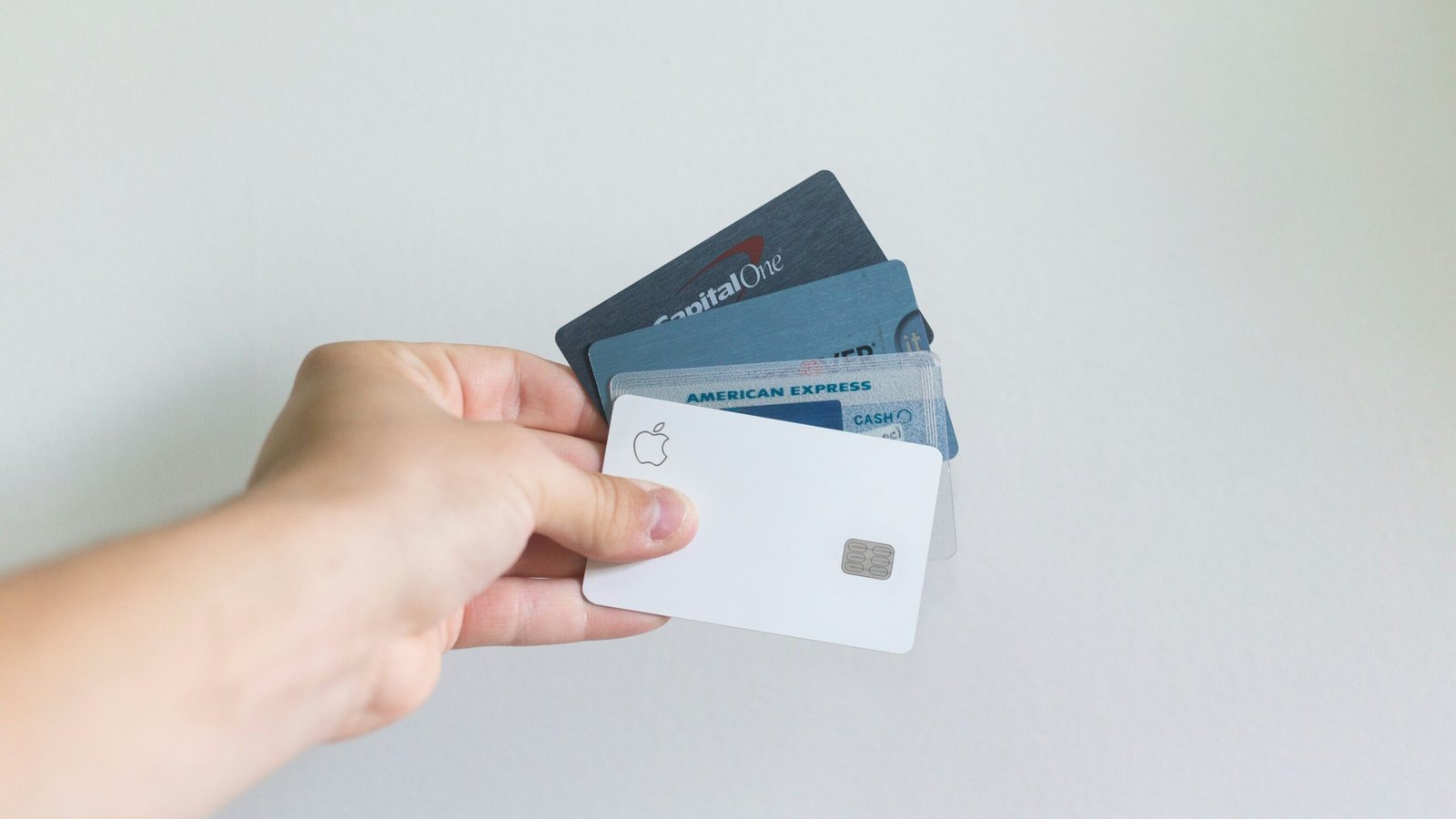
In your personal finances, your credit report plays a crucial role. It is a record of your credit history and is used by lenders, landlords, and even employers to assess your creditworthiness. Therefore, it is important to ensure that your credit report is accurate and free from credit reporting errors.
Unfortunately, credit reporting errors can occur, and they can hurt your credit score and your overall financial well-being. These errors can range from simple mistakes, such as incorrect personal information, to more serious issues, such as fraudulent accounts or incorrect payment history.
Related Videos Youtube – Rumble
The Consequences of Credit Reporting Errors
Credit reporting errors can have serious consequences. They can lead to a lower credit score, which can make it difficult for you to obtain credit or secure favorable interest rates. Additionally, errors on your credit report can also affect your ability to rent an apartment, get a job, or even qualify for insurance.
It’s important to note that credit reporting errors are not uncommon. In fact, a study conducted by the Federal Trade Commission found that one in five consumers had an error on at least one of their credit reports. This highlights the need for people to be proactive in monitoring their credit reports for errors.
How to Identify Errors
The first step in disputing and fixing credit reporting errors is to identify them. To do this, you should regularly review your credit reports from the three major credit bureaus: Equifax, Experian, and TransUnion. You are entitled to one free credit report from each bureau every 12 months, which you can request through AnnualCreditReport.com.
When reviewing your credit reports, pay close attention to the following information:
- Personal information: Check for any inaccuracies in your name, address, Social Security number, or date of birth.
- Account information: Look for any accounts that you don’t recognize or any incorrect information, such as late payments or balances.
- Public records: Check for any bankruptcies, tax liens, or judgments that don’t belong to you.
- Inquiries: Make sure that all the inquiries listed on your credit report are ones that you have authorized.
If you come across any errors or discrepancies, it’s important to take action immediately to rectify the situation.

Disputing Credit Reporting Errors
Once you have identified a credit reporting error, you have the right to dispute it with the credit bureau that issued the report. You can do this online, by mail, or by phone.
When disputing a credit reporting error, it’s important to provide as much evidence as possible to support your claim. This may include bank statements, payment receipts, or any other relevant documents that prove the error.
Once the credit bureau receives your dispute, they are required to investigate the error within 30 days. During this time, they will contact the creditor or lender that provided the information and ask them to verify its accuracy. If the creditor or lender cannot verify the information, it must be removed from your credit report.
To save you having to Google it here are the phone numbers for each branch
- Equifax: 866-349-5188
- Experian: 888-397-3742
- TransUnion: 800-680-7280
Fixing Credit Reporting Errors
If the credit bureau determines that there is indeed an error on your credit report, they are required to correct it. They must provide you with a written report of the results of their investigation and a free copy of your updated credit report. For each round of submissions, the credit bureaus have 30 days to respond or resolve the matter, by law.
It’s important to note that fixing credit reporting errors can be a lengthy process. It may take several rounds of disputes and investigations before the error is resolved. However, it’s worth the effort to ensure that your credit report is accurate and reflects your true creditworthiness.
Preventing Future Credit Reporting Errors
While you can’t completely eliminate the risk of credit reporting errors, there are steps you can take to minimize the chances of them occurring:
- Regularly monitor your credit reports: Check your credit reports at least once a year to catch any errors early.
- Keep good records: Keep copies of all your financial documents, such as bank statements, loan agreements, and payment receipts.
- Report errors promptly: If you identify an error on your credit report, take immediate action to dispute and rectify it.
- Be cautious with personal information: Protect your personal information and be wary of sharing it with unknown or untrusted sources.
- Use credit monitoring services: Consider using a credit monitoring service to receive alerts about any changes or suspicious activity on your credit report.
Accordingly staying on top of your credit report, you can minimize the risk of credit reporting errors and ensure that your credit report accurately reflects your financial history.
Conclusion
Credit reporting errors can have a significant impact on your financial well-being. Thats why it’s important to regularly review your credit reports, identify any errors, and take immediate action to dispute and fix them. By doing so, you can protect your credit score, maintain your financial reputation, and secure better opportunities in the future.
Check out our partners for few sponsored links
Partner Offer What Lies in Your Debt for $1 trial
Credit repair is easier with tools to help you. You can find out more at Kikof. (sponsored link)
Budgeting is key to keeping your credit score high. You can find out more at Brigit. (sponsored link)
